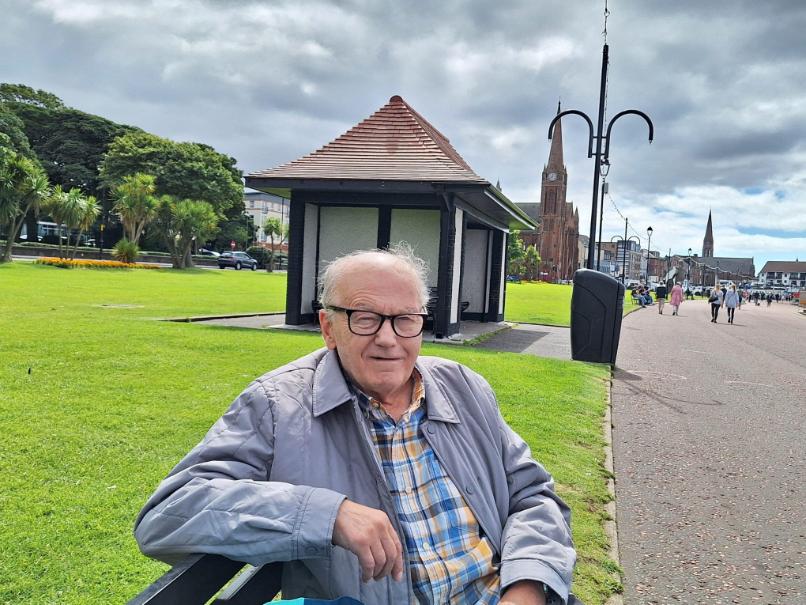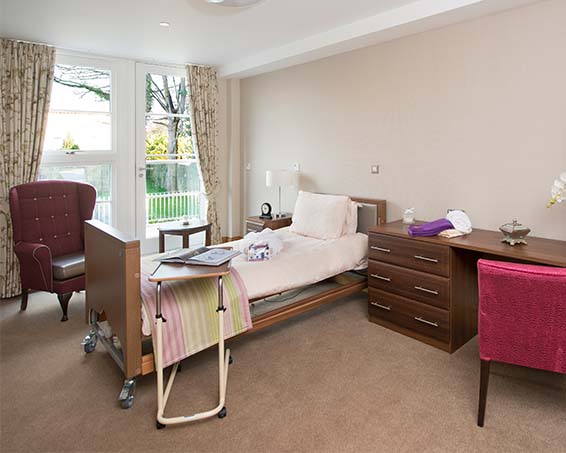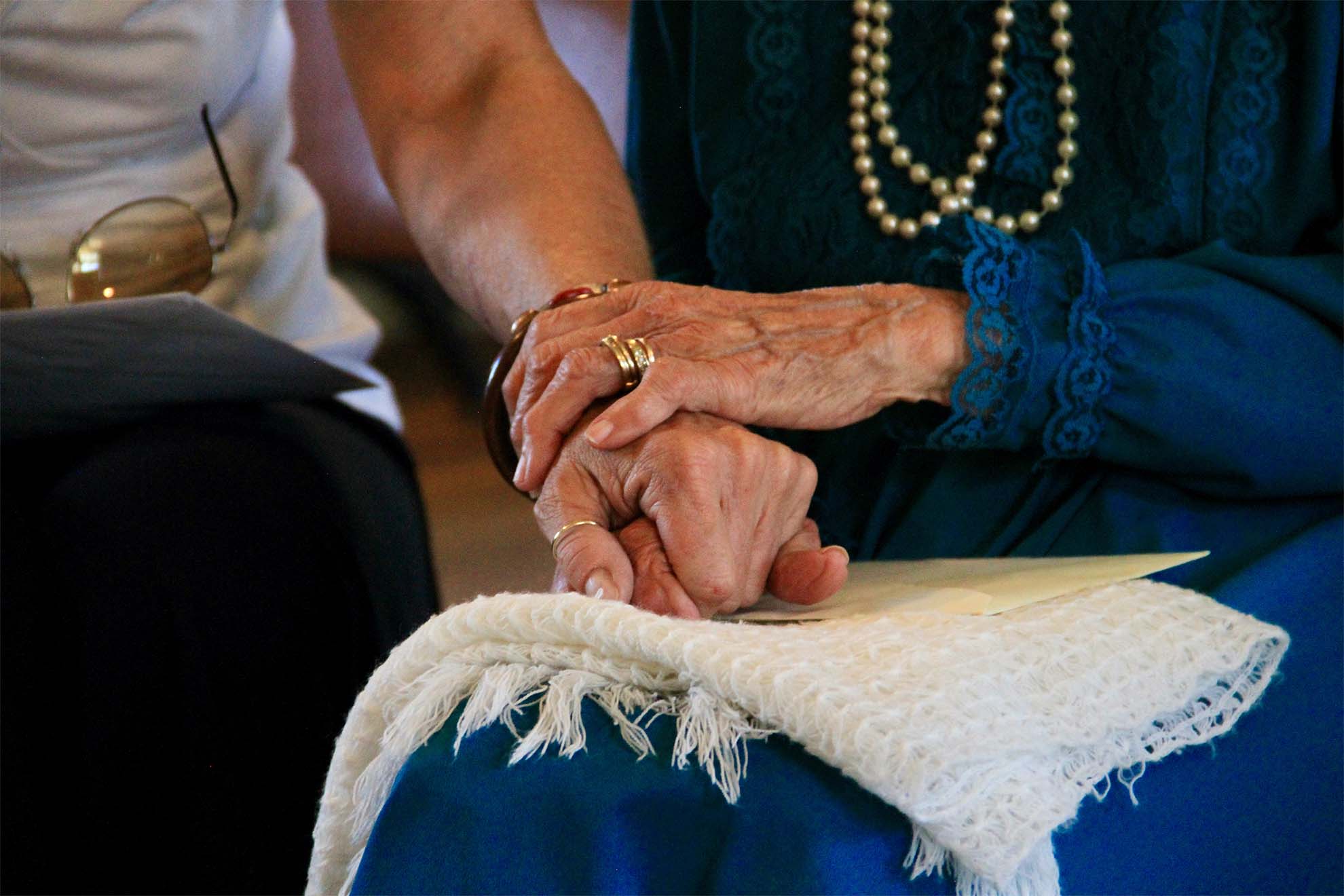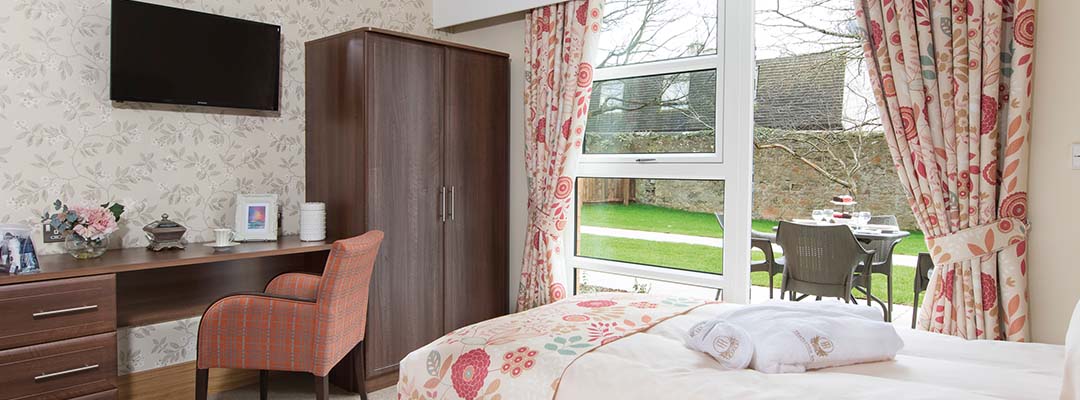How Much Do Care Homes Cost?

There are many different types of care homes across the UK and this number continues to grow as more care homes are being built across Scotland, England and Wales. The cost of care services in the UK is one of the highest in Europe, and families looking into finding a care home for their loved ones are concerned about the rising costs. Many care seekers are uncertain about whether they can even afford to pay care home fees and therefore want to know what kind of funding support is available.
In this blog, we look at the average care cost in the UK and explore the different types of financial help. We will also talk about the different types of care homes and what's included in their fees.
UK Care Home Fees
In the UK, each care home follows a specific fee structure, which is determined by the type of care they offer. Care home fees can also be influenced by other factors such as the care home's location, size, and on-site facilities. Some care homes ask for a fixed fee to be paid weekly or monthly, while others allow for a pay-as-you-go approach. The total costs for an individual depend on the level of care required and what 'additionals' the care home offers such as facilities, activities and excursions.

Many care home fees will only cover care services such as personal care in addition to accommodation and meals. Additional charges may apply for things such as hair and beauty treatments, social activities and day trips. In most cases, care home residents are responsible for financing their own care costs, however, this isn't always possible as not everyone has the savings and assets to do so.
What Are The Average Care Home Fees?
It's important to note that this is for residential care only and if an individual requires care from a registered nurse, this will likely be higher.

Where a care home is located can affect the costs of the overall care home fees. A care home in a central location near a big city will likely cost more than a care home located in the north west of Scotland.
It's important to note that not all care homes will provide the same care services, amenities or lifestyle choices, therefore the fees will vary. It is important to look around many care homes in your desired area before making your decision.
Residential Care Costs
Residential care fees will include a person's accommodation, food and daily personal care. Residential care is best suited to those who can live independently most of the time but may need some support with daily tasks such as mobility, bathing or dressing. A care home setting also provides older individuals with a slower pace of life and zero responsibilities.

Dementia Care Costs
Dementia care homes can charge a higher fee for this type of around-the-clock care. People living with dementia often require a higher level of care and support and so higher fees are justified. The care staff working within a dementia unit will receive regular dementia training to learn the latest dementia research, technology and practices. The home will also offer dementia-friendly activities and therapies to help reduce the symptoms associated with the condition, such as stress and distress.
Nursing Care Costs
Nursing care is commonly the most expensive care service, this is because the residents require 24-hour monitoring and medical aid provided by a Registered Nurse. Nursing fees will cover the essentials such as accommodation, medication management, meals, personal care and medical support. Those receiving nursing care will typically need constant care and monitoring, which contributes to higher fees.

Respite Care Costs
Respite care is a type of care offered to individuals short term. Older people who are recovering from an illness or who have recently had surgery can benefit from respite care. Respite care is also a great option for carers to take a break from their full-time caregiving duties. To know the best-suited care method for an individual receiving respite care, the care home management will carry out a needs assessment to calculate the cost of their fees.
What is Included In UK Care Costs?
Care homes will vary depending on the care services offered and the level of care that someone requires. The costs will usually cover everyday necessities such as meals, accommodation, and personal care.
Each care home sets its own fees and some will include everything within a set fee and some will charge additionally for specific services, so you'll need to find out as much information as possible from the home manager and compare this against other care homes.
What is an All-Inclusive Care Home?
All-inclusive care homes have become an increasingly popular type of care home for older individuals, mainly due to the appeal of paying a fixed weekly fee that covers a person's full-time care, accommodation, meals and any amenities, services and activities. The overall cost tends to be slightly higher when compared with other care homes, however, the convenience of residents having access to everything makes it an appealing choice.



Having that peace of mind about not having to worry about unexpected fees can be comforting, particularly with the rising living costs. At an all-inclusive care home, you pay a standard fee that covers all personal care costs, accommodation, activities and facilities offered to residents.
At an all-inclusive care home, you will tend to find all main care services being offered but they may specialise in a specific care type. Finding the best fit is important so it's wise to explore a number of options and compare your findings to help you find the best fit.
How to Pay For Care Costs
Individuals are usually expected to pay for their own care fees. However, some individuals cannot afford the care costs. In such cases, they may be eligible for financial assistance from the local council or through NHS funding, known as Complex Clinical Care.
To determine whether a person is eligible, a financial assessment is done on the individual, which looks at their total savings, private and state pensions and assets. If it's under the savings threshold, they will be granted funding from the local authorities.
If you are unsure about whether you or your loved one can afford to pay long-term care fees and need additional support, a financial advisor can provide advice and guidance on your finances. Getting advice from a financial expert can help you understand the suitable options available for you to make an informed decision about paying for care.
Acquiring Help Towards the Costs of Your Care Home Fees
To qualify for funding from the local authority, individuals will receive a financial assessment that considers all assets and income, this is known as a means test. If your local authority determines your total assets and savings to be below the upper capital limit, the local authority will pay toward the cost of care.
Individuals who have a 'primary health need' may qualify for NHS Complex Clinical Care funding. To determine whether an individual is eligible for NHS funding, an assessment will need to be carried out by a multi-disciplinary team. This type of care is also means tested but only to the extend of accommodation fees.

If you are unable to acquire NHS-funded care or council funding, there is the option to apply for a deferred payment agreement. This means that the local council pays for your fees and once your home is sold, the money will need to be paid back to the council.
It's important to note that financial support is not always guaranteed and some care homes may not accept local authority funding. Before visiting a care home, enquire first about their policies on third-party funding.
Local Authority Funding
Local authority funding refers to funding provided by a local council to support individuals who are unable to afford the care fees. To be accepted for funding, a means test is conducted, which involves a financial assessment of an individual's financial situation including any pensions, assets and savings.
While funding from the local authority generally involves paying for accommodation, meals and personal care, it may not extend to cover additional services or amenities offered by a home. Services charged as extra will need to be covered by the individual.
In some cases, a top-up fee is required. This is when someone has chosen a more expensive care home that exceeds the personal budget given by the local authority, and so the individual or a family member is required to cover the rest of the care fees.
Complex Clinical Care
Complex Clinical Care refers to the NHS funding a person's care costs which is usually given to people who have significant health needs, such as a terminal illness or long-term health condition.
To determine eligibility for this type of funding, a full assessment is done by a team of healthcare professionals. This assessment will thoroughly assess a person's current mental and physical state, and look at whether a person's care needs are complex, unpredictable or intense.
A checklist tool is used to look at the following areas:
- breathing
- nutrition
- continence
- skin
- mobility
- communication
- psychological and emotional needs
- cognition
- behaviour
- altered states of consciousness
- drug therapies and medication
If a healthcare team believes the individual to have 'priority' 'severe' or 'high' in one or more of the above areas, they will likely be accepted for CHC funding.
Self-Funding Your Own Care Costs
Self-funding your own care means you can afford to pay for your own care and therefore don't require financial support from the NHS or local authority. This means that you or your family will be fully responsible for covering the full cost of care home fees. Self-funding is suitable for individuals with sufficient savings or assets.
Care home fees can differ based on factors such as the size of the home, the location, the type of care services they provide and the amenities that are offered. Moving into a care home is a big commitment that requires careful consideration before making a final decision.
About Our Care Home In Ayr
Templeton House Care Home, is an all-inclusive care home nestled within the popular seaside town of Ayr in South Ayrshire. Our goal is to provide residents with the highest standard of person-centred care within a luxury and inviting setting for older people. We offer a wide range of care services, including Nursing Care, Dementia Care, Residential Care, Respite Care, and Palliative Care provided on a 24-hour basis. Our mission goes beyond effective care; we aspire to offer our residents a five-star way of life.



Our well-established care home is managed by a dedicated and experienced team. Our attractively designed rooms create a warm and relaxing atmosphere, helping residents to feel truly at home and content. At Templeton House Care Home, we place great importance on building meaningful relationships with each resident to ensure we cater to their health and well-being needs. By taking the time to understand their unique requirements, interests, and wishes, we can tailor each resident's care plan.
Our residents have access to many in-house amenities such as fine dining, an activities programme, landscaped garden, hair salon and cinema room, all of which are included in our fees for residents to live a life of luxury.
Speak to one of the Dedicated Team Members Today
For more information about Templeton House Care Home and the outings and activities our residents enjoy, please get in touch to book a tour or download a brochure.






